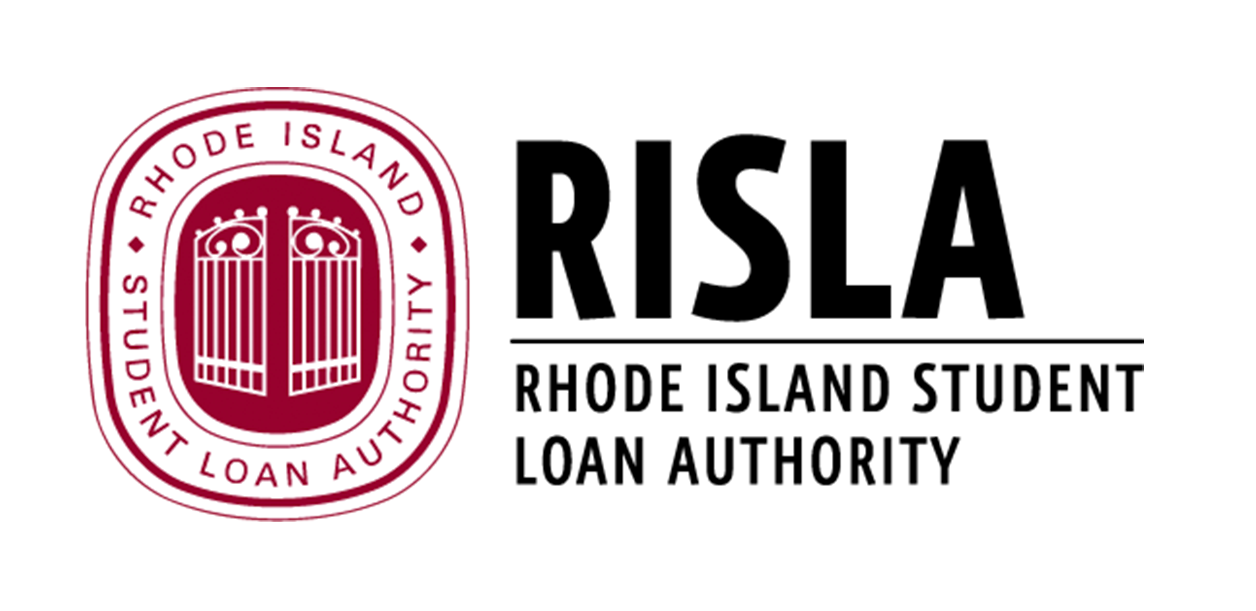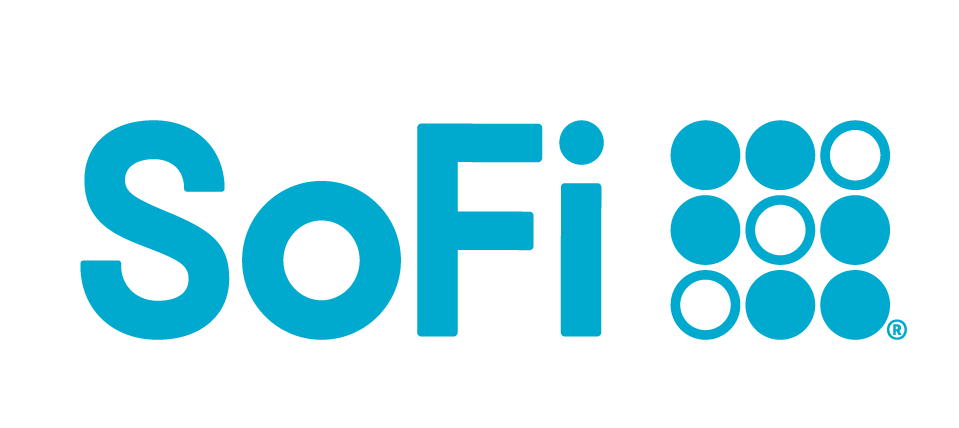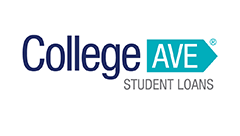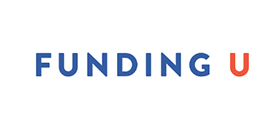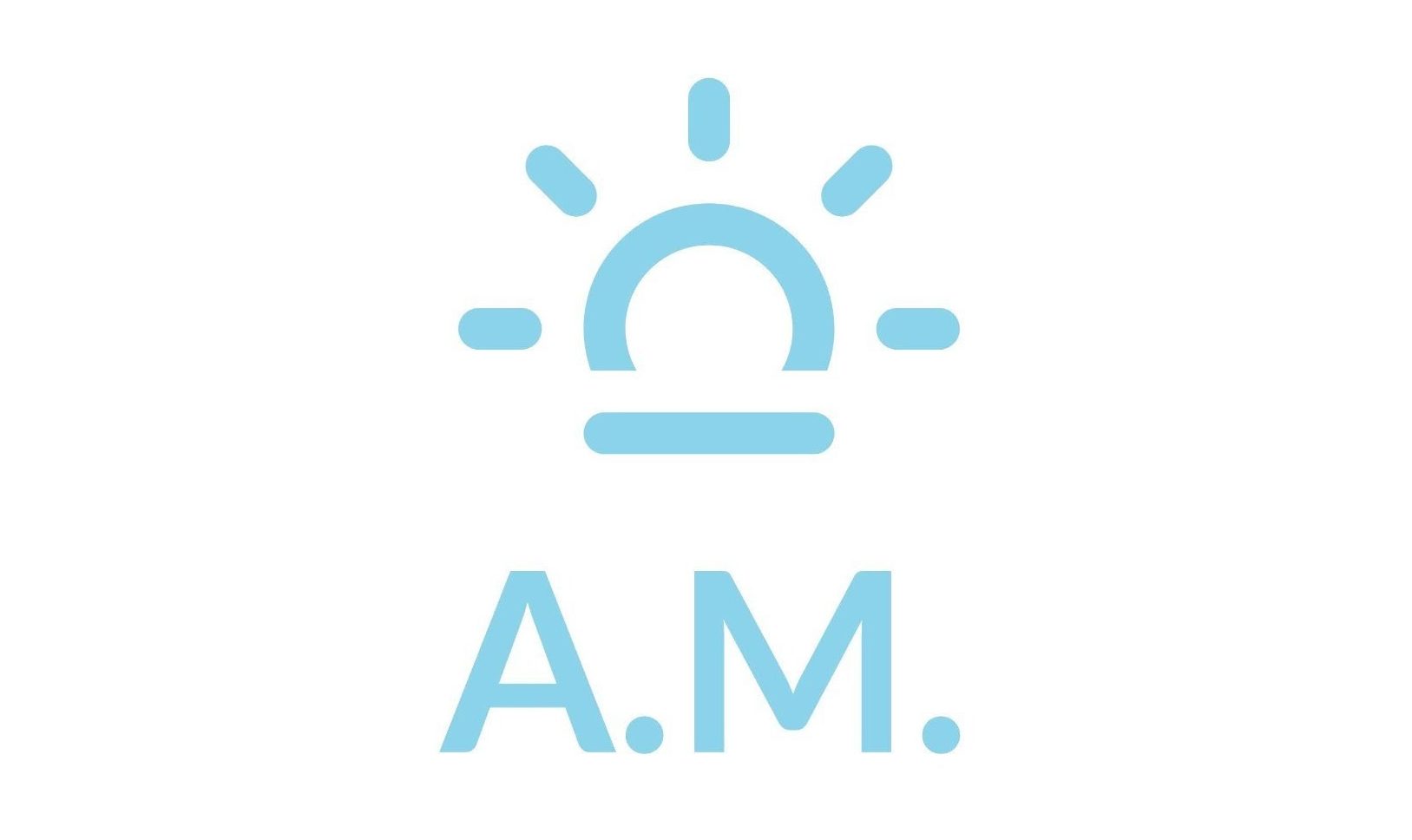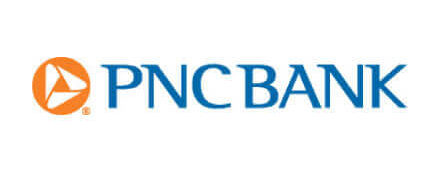Private student loans are best used to pay college costs after you’ve borrowed the maximum you qualify for in both subsidized and unsubsidized federal student loans.
Private student loans come from banks, credit unions and online lenders, and unlike federal student loans for undergraduates, they require a credit check. That means most undergrads will need a co-signer in order to qualify. Private student loans also are more expensive than federal loans—especially now that federal loan rates are at historic lows—and typically don’t offer the flexible repayment options their federal counterparts do.
That’s why there is no five-star lender on our list of private student loans: In the vast majority of cases, the best college financing option is a federal student loan.
But if you need a private loan to afford college, we’ve identified the best undergraduate private student loans to consider. Many companies also offer loans for graduate students and parents, but we did not rate those products for this list.
As you consider your options, look at the overall cost of the loan—including its interest rate and fees—and what help the lender offers if you have trouble affording your payments. Just one of the lenders on this list charges origination fees, and all except for one wait until at least 120 days of nonpayment before putting loans into default status.
When comparing rates, know the low end of the rate ranges will only be available to those with good or excellent credit scores. Also, all rates listed below include a standard 0.25% interest rate discount for using automatic payments.
In This Post
Best Private Student Loan Options
Ascent
SoFi
College Ave
Funding U
Discover
A.M. Money
Citizens Bank
PNC Bank
Tips for Comparing Private Student Loans
As you prepare to get a private student loan, don’t wait for your school to decide how much of a loan you can handle; do the due diligence yourself. Experts recommend borrowing no more than what you’ll most likely earn in your first year out of college. This can protect you from having unmanageable monthly payments after you leave school.
Some private student loan lenders don’t cap the amount of money you can borrow each year, but yours may. As you evaluate which loan suits you best, find out how the loan will be disbursed and what costs it will cover.
When picking a private student loan, make sure to review the interest rate, its terms for co-signers, any discounts and your repayment options.
Methodology
We scored 12 lenders that make the most loans by volume across 15 data points in the categories of interest rates, fees, loan terms, hardship options, application process and eligibility. We chose the nine best to display based on those earning three stars or higher.
The following is the weighting assigned to each category:
- Hardship options: 30%
- Application process: 16%
- Loan terms: 14%
- Interest rates: 13%
- Eligibility: 14%
- Fees: 13%
Specific characteristics taken into consideration within each category included number of months of forbearance available, economic hardship repayment options available beyond traditional forbearance, perks like cash-back rewards upon graduation, discounts, time to default, disclosure of credit score and income requirements and other factors.
Lenders who offered interest rates below 10% scored the highest, as did those who offered more than the standard 12 months of forbearance, who made their loans available to non-U.S. citizens, who offered interest rate discounts beyond the standard 0.25% for automatic payments, who offered multiple loan terms maxing out at 15 years and who charged minimal fees.
In some cases, lenders were awarded partial points, and a maximum of 3% of the final score was left to editorial discretion based on the quality of consumer-friendly features offered.
| Rank | Company | Score out of 100 possible points | Forbes Advisor Rating |
|---|---|---|---|
| 1 | Ascent | 82 |  |
| 2 | RISLA | 79 |  |
| 3 | SoFi | 72 |  |
| 4 | College Ave | 68 |  |
| 5 | Funding U | 66 |  |
| 6 | Discover | 65.5 |  |
| 7 | A.M. Money | 63 |  |
| 8 | Citizens Bank | 60 |  |
| 9 | PNC Bank | 53 |  |
| 10 | Sallie Mae | 50.5 |  |
| 11 | CommonBond | 47 |  |
| 12 | Earnest | 45 |  |
Private Student Loans FAQs
How are interest rates determined for private student loans?
Private student loans usually offer variable and fixed interest rates that are based on the borrower’s creditworthiness. If you have good or excellent credit, then you’ll be eligible for a lower interest rate. But if you have poor or fair credit, prepare for an interest rate on the higher end of the range.
Variable rates rise and fall according to the index they follow. For example, the lender may use the London Interbank Offered Rate (LIBOR) or the prime rate as its benchmark.
What is ‘co-signer release?’
Most traditional college students don’t have a long credit history, so they turn to another adult to co-sign their loan. A co-signer is an individual who is willing to use their good or excellent credit history to help someone get a loan that the student does not qualify for alone. If the borrower can’t make payments on the loan, the lender seeks payment from the co-signer. If the borrower defaults on the loan, it negatively affects the co-signer’s credit.
Some private loans offer to release the co-signer from the loan after the borrower makes a certain number of payments or meets other requirements. That can protect the co-signer from a credit hit as a result of the primary borrower’s payment history.
Do private student loans allow deferment or forbearance?
Federal student loans allow you to delay your loan payments while you are attending school. Some private student loans offer this, too, but interest still will accrue on these loans. (With federal student loans, interest does not accrue during deferment if you have subsidized federal direct loans, which are available to undergraduates with financial need.)
There are lenders that offer other types of deferment. For example, some allow you to delay your payments due to a financial hardship, like unemployment, or during military deployment.
Be mindful of the amount of interest you’ll owe and any fees the lender may charge for deferment. You’ll want to review your deferment options before choosing a loan.
Like deferment, forbearance lets you suspend payments for a certain period of time. Private lenders may use “forbearance” and “deferment” interchangeably. During forbearance on federal loans, interest continues to accrue, which differentiates it from deferment.
Regardless of whether the suspended payments are referred to as deferment or forbearance, on a private loan, the unpaid interest gets added to your principal, causing your monthly payments to increase once repayment begins again.
Editor’s note: Under the CARES Act, which was passed in response to the coronavirus (COVID-19) pandemic, federal student loan borrowers do not have to make payments for a period for six months, from March 13 through Sept. 30, 2020. Additionally, federal student loan interest rates are set at 0% during that time. See “Coronavirus (COVID-19) Federal Student Loan Forbearance: What You Need To Know” for more details.
Which fees should I look out for when choosing a private student loan?
Just like you should read the fine print on a credit card, you should understand the fees you might incur on private student loans. Some lenders will add your fees to the loan principal. When you apply for a private student loan, seek out answers to the following questions:
- Is there a loan application fee?
- Is there a loan origination fee?
- Which types of fees could I incur for making a late payment?
- How do I pay the fees?


